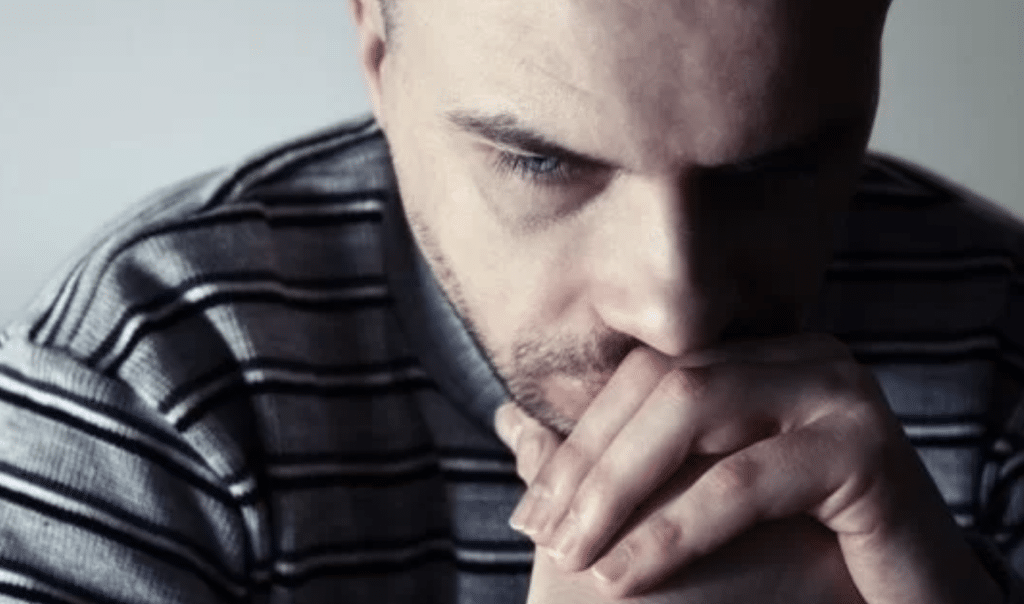
For many people, traditional treatments like psychotherapy and medication provide meaningful relief from depression, anxiety, PTSD, and other mental health conditions. But what happens when you’ve tried multiple medications and therapeutic approaches and still don’t feel better? You’re not alone — and you’re not out of options.
At NY Mental Health Center, we work closely with patients who have experienced limited success with conventional care. There is a growing field of evidence-based treatments specifically designed for “treatment-resistant” conditions. Here are some options worth knowing about:
Eye Movement Desensitization and Reprocessing (EMDR)
EMDR is a structured therapy that helps patients reprocess traumatic memories. By using guided eye movements or other forms of bilateral stimulation, EMDR helps reduce the emotional charge of painful experiences. Research shows EMDR is especially effective for PTSD, and it is increasingly being used for anxiety, depression, and grief.
Transcranial Magnetic Stimulation (TMS)
TMS is a noninvasive procedure that uses magnetic fields to stimulate specific areas of the brain involved in mood regulation. The FDA has cleared TMS for treatment-resistant depression, and studies show it can also benefit anxiety and OCD. Patients typically undergo a series of outpatient sessions and report improvements in energy, focus, and overall mood stability.
Ketamine-Assisted Therapy (KAT)
Ketamine, delivered through infusions or intranasal esketamine (Spravato®), works differently from traditional antidepressants. It rapidly increases levels of glutamate in the brain, often leading to fast symptom relief, and sometimes within hours. When paired with integration therapy, ketamine can help patients process experiences and build lasting coping strategies. Research supports its use for severe depression, suicidal thoughts, and PTSD.
Stellate Ganglion Block (SGB)
Originally developed for chronic pain, SGB involves a targeted injection that calms the overactive fight-or-flight response in the nervous system. Recent studies suggest it may significantly reduce symptoms of PTSD, particularly hyperarousal, intrusive thoughts, and sleep disturbances.
Intensive Outpatient Programs (IOP) and Partial Hospital Programs (PHP)
For some patients, the challenge isn’t just which therapy they try, but the intensity and structure of care. Intensive outpatient or partial hospital programs provide several hours of therapy, skill-building, and psychiatric support multiple days a week. These programs deliver a higher “dose” of treatment, creating momentum for healing and often reducing the risk of hospitalization.
Lifestyle and Integrative Approaches
Research continues to confirm the power of lifestyle in supporting mental health recovery. Exercise, proper nutrition, and quality sleep can significantly improve mood and resilience. Mind-body therapies, such as yoga, meditation, mindfulness-based stress reduction (MBSR), and acupuncture, can also complement medical and psychotherapeutic treatments. Neurofeedback, which provides real-time brainwave training, is another promising tool for regulating mood and anxiety.
Finding the Right Next Step
If you or a loved one has struggled with limited progress despite therapy and medication, there is hope. At NY Mental Health Center, our psychiatrists and psychologists work as a team, often in collaboration with trusted medical partners, to design tailored treatment plans that go beyond “one-size-fits-all” care.
Recovery is possible, even when the first steps haven’t worked. Exploring advanced, research-backed treatments could be the key to unlocking a new path forward.
